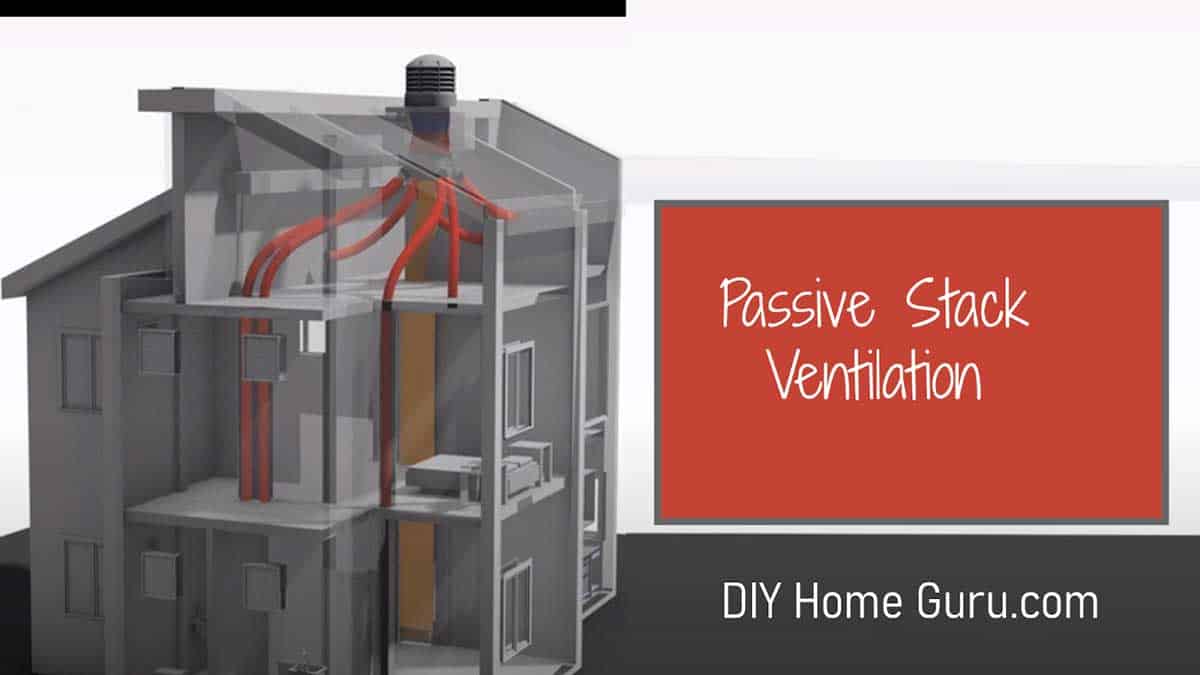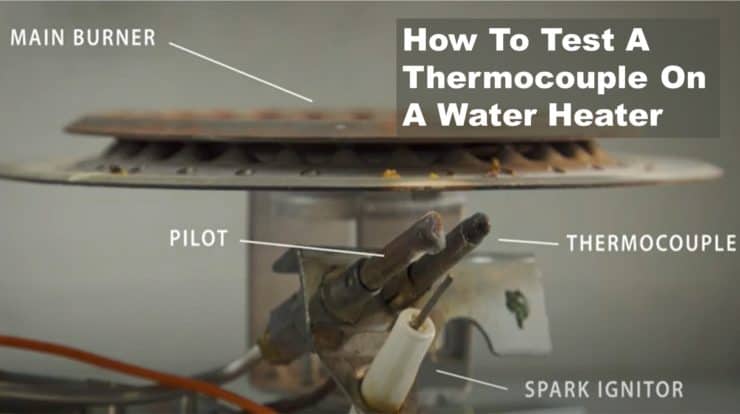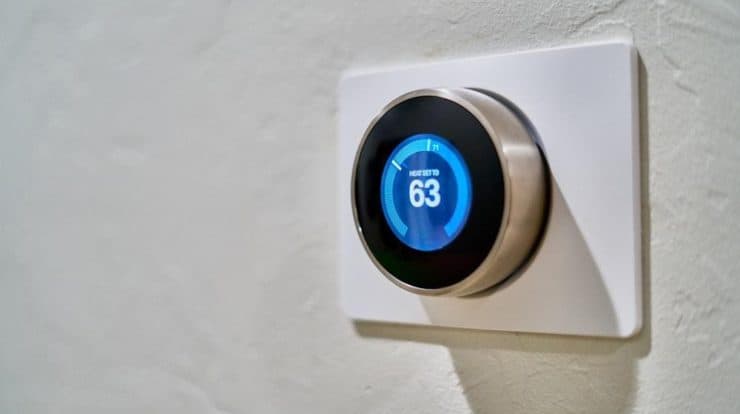Space heaters are essentially used to warm up a small room and come in three types of heating technologies: radiant, convection or fan-forced.
While they offer many benefits, it is not advisable to leave space heaters on for long[more than 3 hours] without any supervision, especially while sleeping. However, most modern space heaters with adjustable thermostat, automatic shutoff, tip-over protection, shut off timer can be kept on for long periods of time.
The included feature will help to protect you if you accidentally fall asleep while warming up your room. The amount of time you can keep the heater on depends upon the dimensions of your room, the ambient temperature, and your comfort level.
Why is it unsafe to leave space heaters unattended?
Space heaters pose various risks. such as fire, carbon monoxide poisoning, and dry skin. It is best to heat your room for 2-3 hours and turn the heater off before sleeping. Here are reasons why space heaters can prove to be dangerous:
1. Fire hazard
Space heaters can potentially cause a fire if left on unattended for extended time periods. Heating is the second most common cause of home fires during winters, according to the National Fire Protection Association (NFPA).
The US Consumer Product Safety Commission has found that more than 25,000 house fires are sparked by space heaters every year. Space heaters are the most popular home heating appliances, explaining the high number of fires and deaths they cause.
In 50% of the cases, fires have been ignited when a space heater accidently tipped over and overheated an object in the room. Moreover, if your heater is old, it runs the risk of malfunctioning or overheating and causing a fire in the wiring as a result. This is all the more probable if you are using out-dated breakers and fuses.
2. Carbon monoxide poisoning
Space heaters emit harmful gases, such as carbon monoxide, which can be a cause of slow poisoning. If the heater is left on throughout the night, the risk increases tremendously.
If you are asleep while your heater is turned on, you are not likely to smell, hear or see any signs of carbon monoxide. It is a highly hazardous gas that can kill silently and quickly.
Even if you are in a habit of keeping your heater on only while you are awake, using it constantly may cause dangerous symptoms, such as weakness, headache, nausea, vomiting, and feeling short of breath.
If you experience any of these indications, turn off the heater and go outside immediately. Take a deep breath and open the windows for ventilation.
3. Dry skin
If you use a space heater regularly, your skin may dry out. Dry skin can lead to further health issues.
Heating deprives the skin of moisture, so reduce the space heating temperature if you see your skin turning too dry. To counter the dryness, you can also buy a humidifying unit for your home or install a whole-house humidifier. To maintain healthy skin, make sure you use a moisturizer every night.
How to use a space heater safely
There are several safety measures you can adopt to ensure you use your space heater without putting yourself and your family in danger.
1. Use a timer
Several space heaters come with a built-in timer. You can use this feature to make the heater switch off automatically after a specified time period. This is helpful when you know you are otherwise occupied or too sleepy to remember to turn the heater off manually.
Space heaters often have automatic thermostats that turn them on only when the room temperature falls below a certain limit. This helps reduce electricity costs and enables a minimum use of the appliance.
A similar feature is the auto turn-off, which switches off the heater when the temperature of the room rises beyond a certain limit. This decreases the risk of fire from the heater.
2. Turn it off when before leaving the room
When you leave the room, it is best to turn the heater off. This will prevent it from causing any harm as it will not be drawing power and therefore unlikely to ignite fire.
Space heaters should always be turned off before you fall asleep. While sleeping, you are unaware of your surroundings, which increases the risk of fire or carbon monoxide poisoning.
If you must leave space heater on for some part of the night, make sure it has advanced features such as timer and auto turn-off.
3. Keep away from flammable objects
Your space heater needs to be placed properly at all times. According to the NFPA, you should keep a heater at least 3 feet away from objects such as curtains, furniture and clothes.
Always keep a space heater on the floor rather than the carpet. This reduces the risk of the carpet catching fire in case the heater is accidentally tipped over.
4. Make sure your smoke alarm is functional
A functioning smoke detector will be able to efficiently detect any traces of smoke and alert you in case of fire.
Test your smoke alarms every month and replace the batteries as soon as you see the lights blink or if you hear a soft beep. If you want to take further precautions, you can also install a carbon monoxide detector along with a smoke alarm.
5. Do not use as a dryer
Never use your heater to dry clothes or drape socks, towels or other clothes near it. These items can catch fire if placed in direct contact with the heater.
Clothes placed in front of the heater can also block the vent and lead to overheating of the unit.
6. Inspect regularly
When you take out your space heater for the winter season, inspect it thoroughly to ensure that it’s functioning properly. Make sure that the cord doesn’t need to be repaired or replaced by checking it during operation.
While it is tempting to leave space heater on at night during winter, it can put you and your family members in grave danger. Even if you turn off your heater before sleeping, your room is likely to remain warm most of the night.
If you feel too cold without a heater, try wearing warmer clothes at night and tuck yourself under a thick layer of blankets. Keeping yourself cozy enough is sure to keep you warm and safe during the winter season.





